Driver
Brand/Model: Titleist GT3Loft: 10°Shaft: Fujikura Ventus Blue 6 X
3 Wood
Brand/Model: Ping G440 MAXLoft: 15°Shaft: Fujikura Ventus Black 7 X
Irons
Brand/Model: Titleist T200 (3), Titleist T100 (4-9)Shaft: Nippon NS Pro Modus3 Tour…
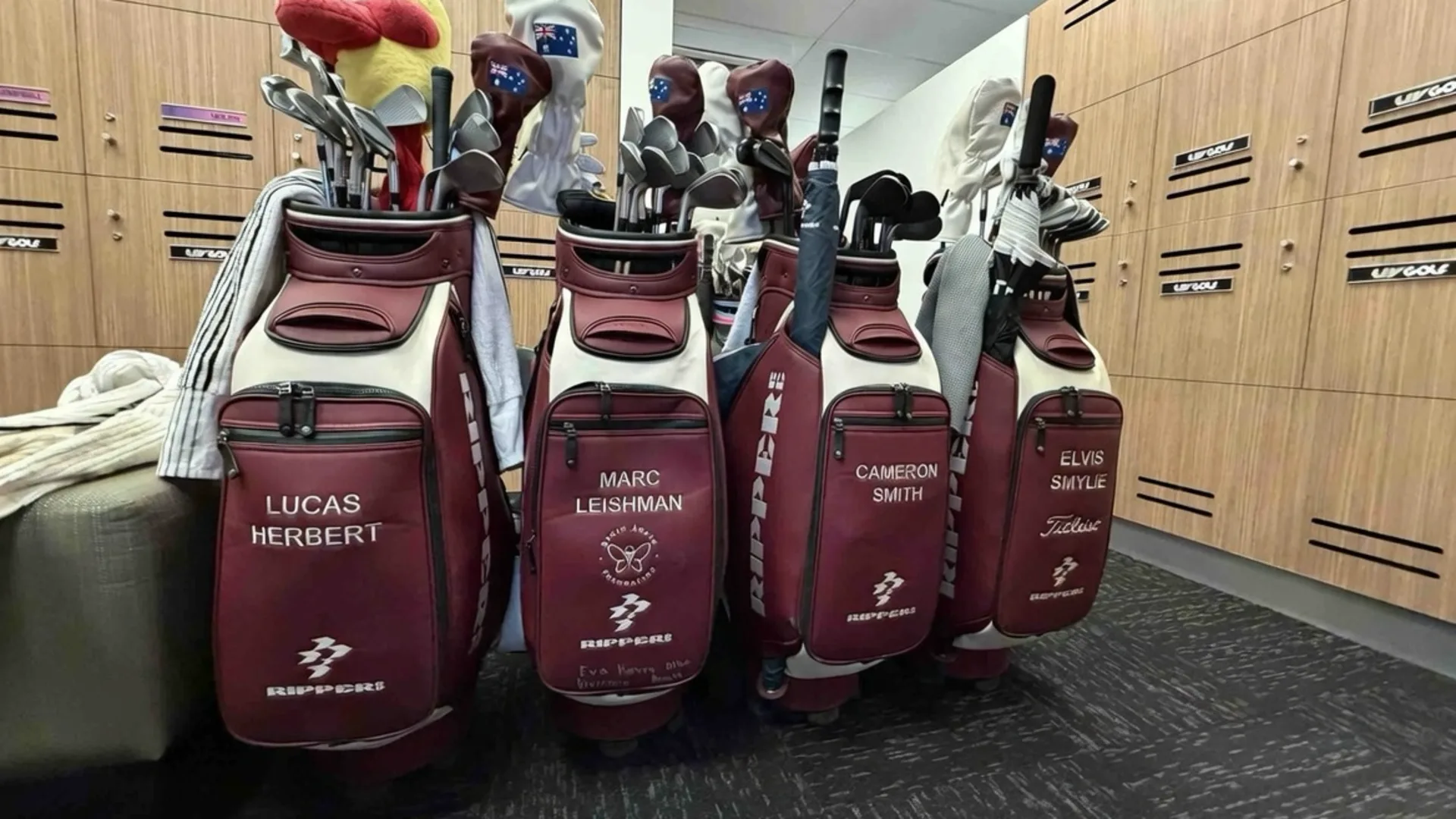
Brand/Model: Titleist GT3Loft: 10°Shaft: Fujikura Ventus Blue 6 X
Brand/Model: Ping G440 MAXLoft: 15°Shaft: Fujikura Ventus Black 7 X
Brand/Model: Titleist T200 (3), Titleist T100 (4-9)Shaft: Nippon NS Pro Modus3 Tour…
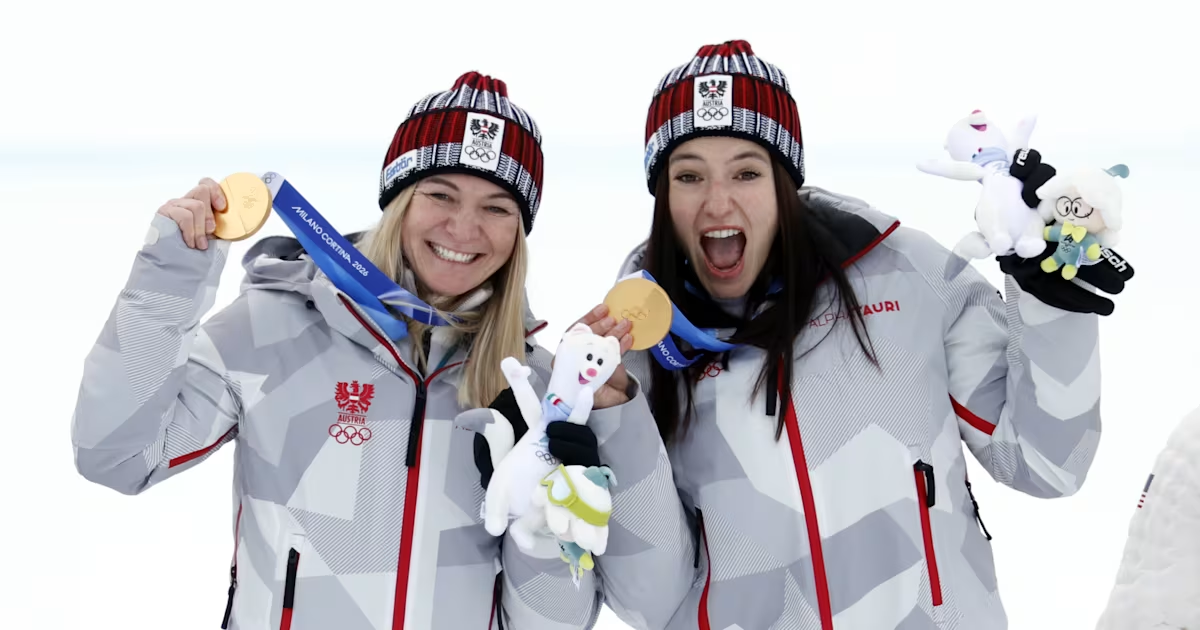
You can watch the Olympic Winter Games Milano Cortina 2026 through traditional broadcasts and streaming on the platforms of various media rights holders (MRHs) for each territory.
These include…

Testing on Feb. 10-11 at Sebring International Raceway wasn’t classified as an NTT INDYCAR SERIES Open Test, but the private team test at the historic Florida circuit still provided plenty of information to digest as the 2026…
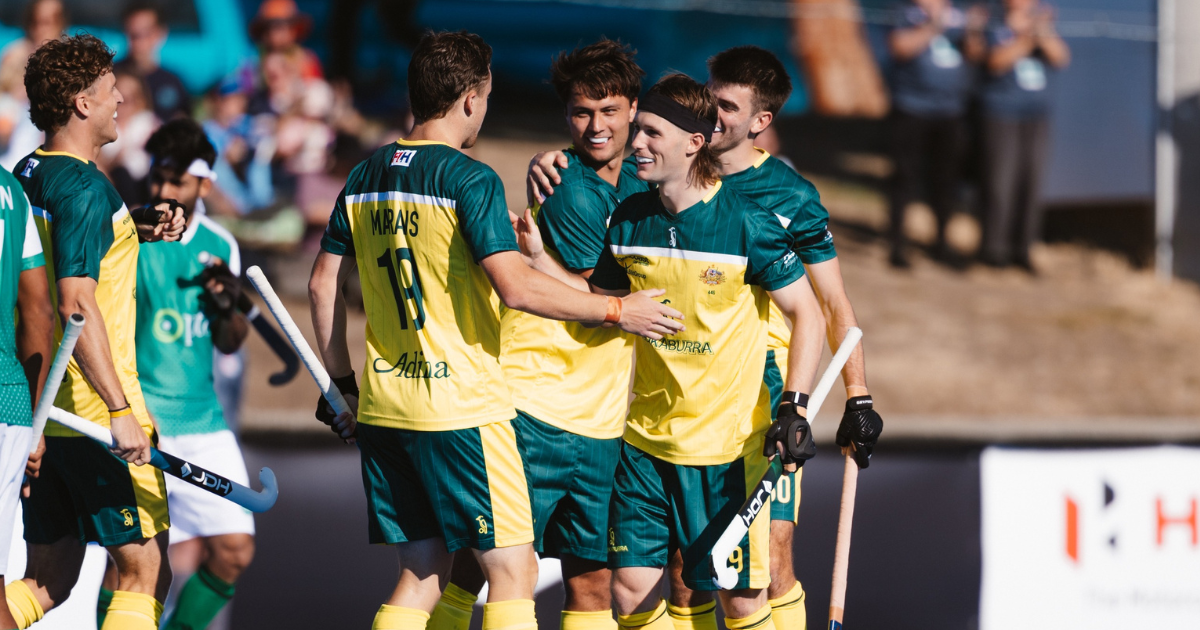
Australia has opened its FIH Pro League campaign in Hobart with a hard-fought 3–2 victory over Pakistan in a high-intensity contest at the Aurora Energy Tasmanian Hockey Centre.
The Kookaburras also showcased three debutants…
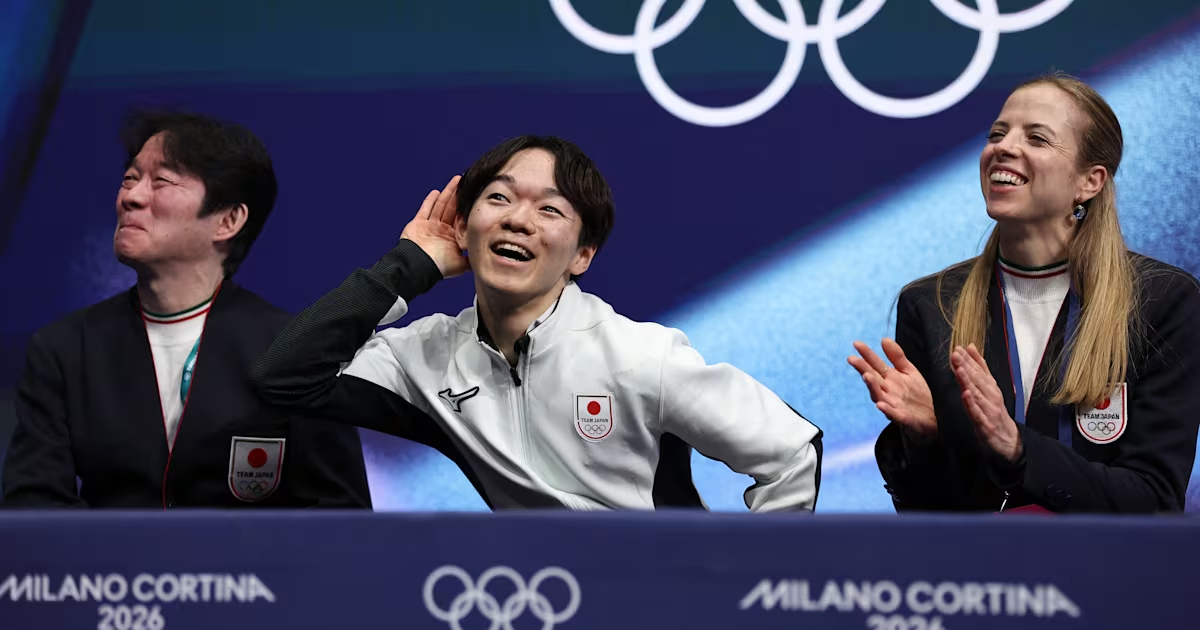
“Sure, the points are important but most importantly, I have to have a performance that I won’t regret,” Kagiyama told Olympics.com. “I am going all out from start to finish. I’m going to add a quad…
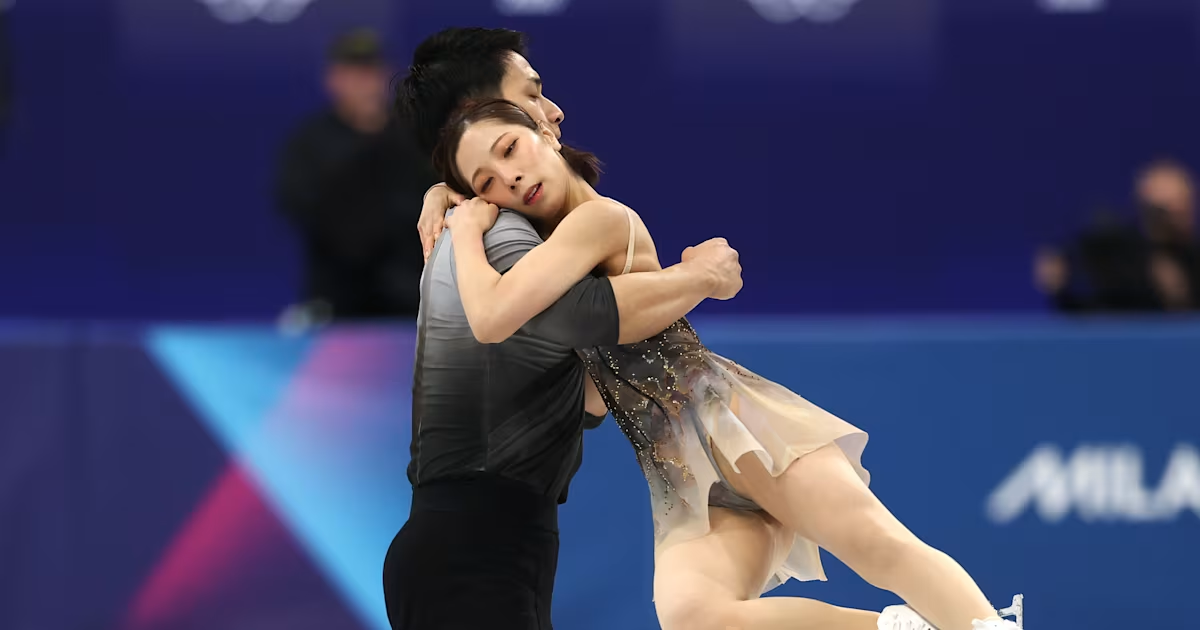
You can watch the Olympic Winter Games Milano Cortina 2026 through traditional broadcasts and streaming on the platforms of various media rights holders (MRHs) for each territory.
These include…